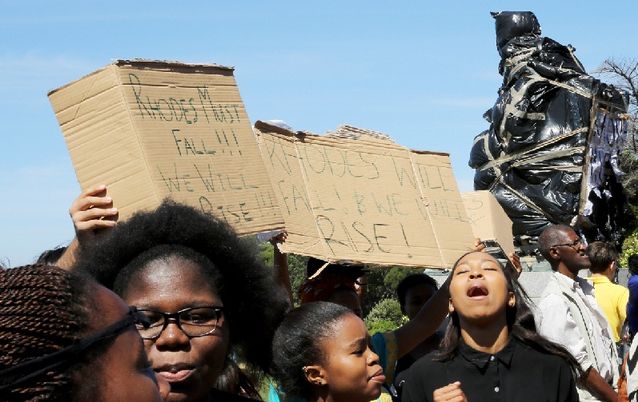
WHEN the 2008 financial crash happened, Queen Elizabeth apparently wrote a letter to the UK’s top economists to ask them why they had not foreseen it. I don’t know whether the story is true. But I do recall that when the crash happened, I was not surprised as a history student. In fact, I had been expecting it.
Although I did not formally study economics, I was fortunate to be able to take a history course by Prof Julian Cobbing, in which he explained the trading mechanisms of the global financial system and how these were leading to the reckless and predatory tendency of hyperspeculative investing. In that course, we were challenged to ask ourselves questions about what our purpose was as university students and what the purpose of the university would be in the future.
Were we, as 21st-century university graduates, going to enter the labour market with the aim of perpetuating such an unstable financial system, or would we reform it and maybe even completely dismantle it?
At the heart of that course, which drew so many students that there would be hardly any sitting room in the lecture theatre, was the question of whether we could imagine the future and our place in it.
It seems to me that for the "young", the future is a place they must actively imagine because they have to live in it.
In reflecting on #RhodesMustFall, it seemed to me that a paradox of the physical toppling of the statue was not a lack of faith in universities, but a tenacious belief in the university ideal. It is in universities that young people come to believe they have a duty to wrestle with "high theory" and conceptual abstractions that appear to have little to do with the practical issues of daily life.
This has always been the task of the literate classes, from ancient Alexandria to Timbuktu in the middle ages to Oxford in the imperial age.
In the several weeks since #RhodesMustFall began, very intense and often very abrasive engagements on curriculums have taken place at several universities.
It was interesting for me to note that academics were virtually "dethroned" by the students, who showed us up for our intellectual complacency in our comfy bourgeois ivory towers. The students were talking about pedagogy, freedom, methodology — and they were not doing it for 100 marks; they were articulating an intellectual vision for a more humane society and critiquing our universities for paying lip service to transformation.
For some people both within and outside the university communities, it all seemed like a distracting hullabaloo over nothing. Some critics, including elders such as Thami Mazwai, saw it as irrational and directionless outbursts.
But the reality is that SA’s universities are teaching thousands of students every year. Yet, what has been the return on investment to South African society? I would argue that there has been very little.
Mostly, what we have done at university is churn out a "multiracial" middle class that can fit into a very narrow professional stratum. This middle class has created nothing new. Instead, it is the target of major global corporations that will cater for its consumer tastes while creating minimal employment in SA and Africa at large.
Our universities also continue to produce increasingly unemployable graduates with virtually no capacity to start their own businesses.
What is to be done? Politically, our universities must commit themselves to actively imagining Africa’s future. Pedagogically, we must teach a curriculum that produces graduates who are resilient, able to take risks, solve problems and innovate for Africa. We must ask: do we train our graduates to build African and black capital or are we merely training paper-pushers to manage international capital?
Article by : Nomalanga Mkhize
Article source : Business Day.
